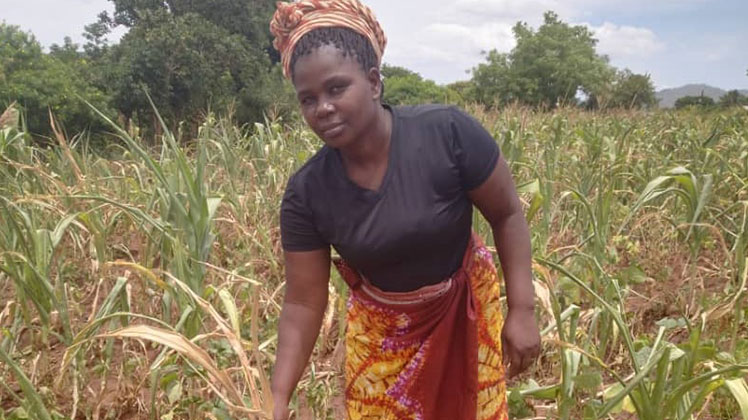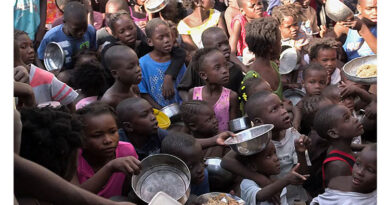Declare drought a national disaster: MP
OPPOSITION Nkayi South Member of Parliament, Jabulani Hadebe, has called on government to declare the looming drought a national disaster to prevent hunger-related deaths.
Hadebe said this would attract more humanitarian interventions from the international community and other donor agencies to save lives.
He made the remarks during a virtual discussion organised by Nkayi Community Parliament, a replica of the National Assembly.
According to food monitoring agencies, at least four million Zimbabweans face hunger as a result of the El Niño-induced drought.
A number of countries in southern Africa have not been spared by the drought, with Zambia recently suspending grain exports to save available stocks for its people.
“This drought issue must be taken seriously,” Hadebe said during his contribution.
“I am going to push the government through Parliament to declare the 2023-24 farming season a national disaster so that we start now to look for those who can assist us so that we save people from starvation.”
On Tuesday, the Grain Millers Association of Zimbabwe (GMAZ) told Parliament that it will import one million tonnes of grain to supplement available stocks.
Government has said no one will starve, but critics insist that authorities cannot be trusted, having been exposed before for lying about the hunger situation and available grain stocks.
In the past, food aid distribution programmes have been hijacked and politicised by suspected Zanu PF members and officials.
A member of the Nkayi Community Parliament, Collen Moyo, urged the government to start documenting people that may need food aid to prevent hunger-related deaths.
“There are several ways to prevent the misuse of donated food, and one is to ensure that there is strong oversight and accountability in the distribution process. This can be done by having a clear system for monitoring the distribution of food and ensuring that it reaches the intended beneficiaries,” he said.
Meanwhile, retailers have increased the price of mealie-meal with a 10kg bag now going for US$8 up from between US$5 and US$6.
Confederation of Zimbabwe Retailers president Denford Mutashu said retailers were ripping off customers.
“Mealie-meal is a key staple commodity, hence millers and distribution chains should not only ensure it is available, but priced for affordability. Retailers and wholesalers should not take advantage of the impending El Niño-induced drought to profiteer on the product or any other key basic goods,” Mutashu said.
GMAZ chairperson Tafadzwa Musarara said mealie-meal had been in short supply.
“When a product is in short supply, there is a tendency that the price of that product will go up,” Musarara said.
“Mismatch in foreign currency rates official versus black market rates is the major issue, with increases on service delivery rates, tollgate fees, electricity costs, VAT [value-added tax] and other taxes imposed having had an impact on pricing as producers, retailers all pass on costs to final end users of products, who bear the burden albeit of low income.”



